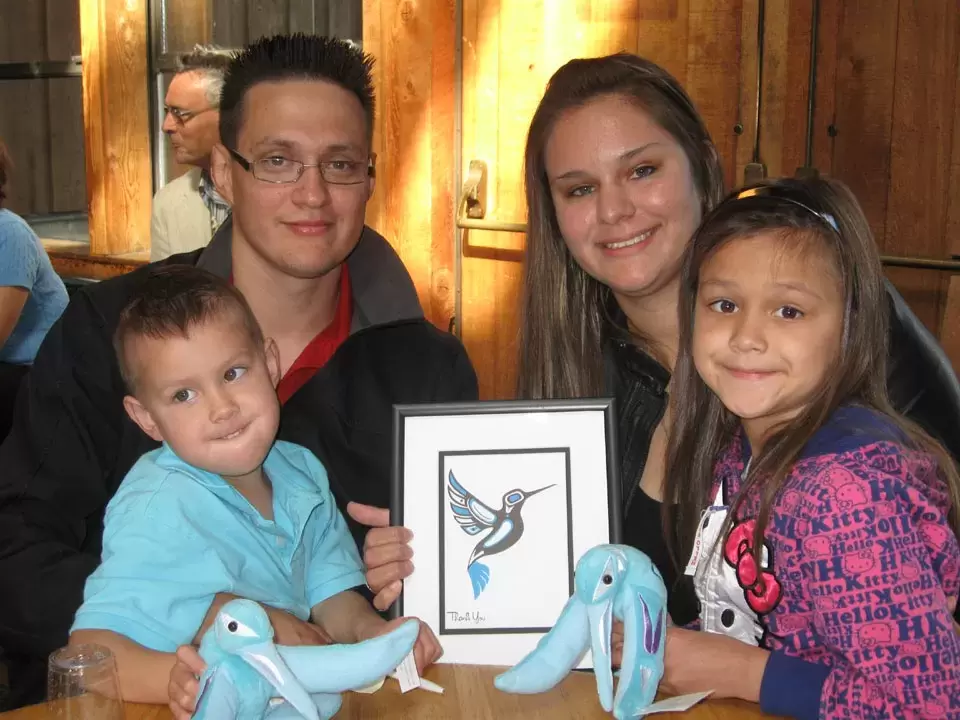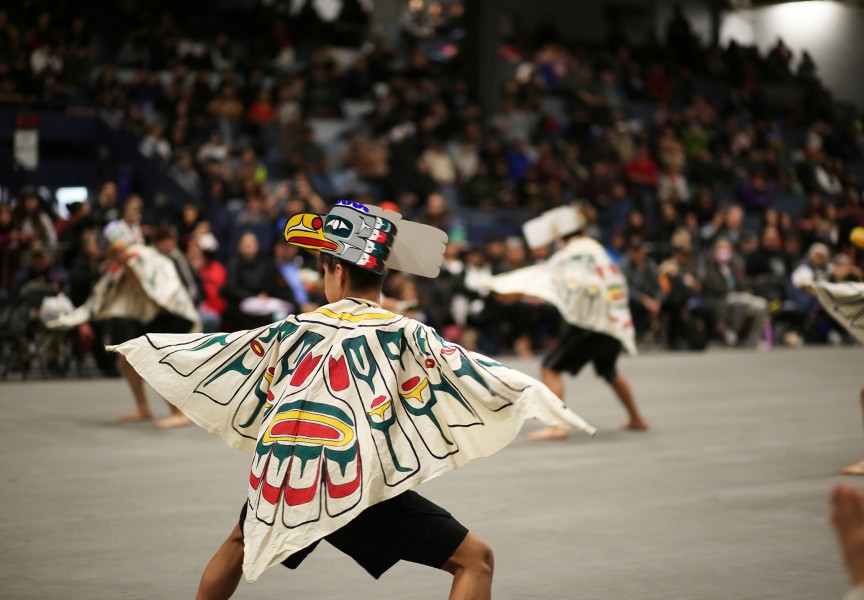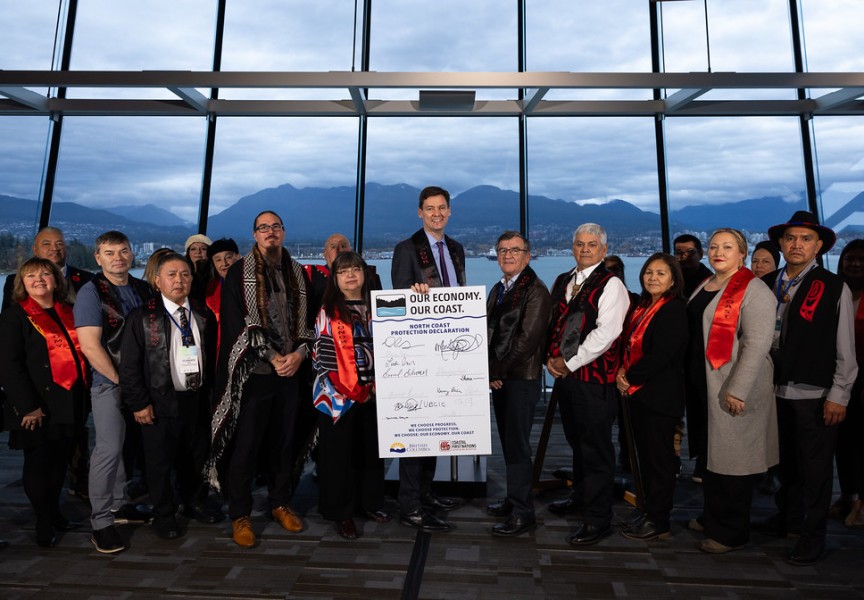It's never too early for Aboriginal parents to start saving for their child's future and there's no better way to do that than by opening a Registered Education Savings Plan (RESP), said Vanessa Mountain.
Mountain is the program manager of Hummingbird Aboriginal Futures, a non-profit British Columbia-based outreach program tasked with helping First Nations people learn about putting money aside for their child's post-secondary education.
The program, which launched on Sept. 29, encourages parents to start saving for their children's future by opening a RESP, which will supplement future post-secondary loans and various education assistance a child may receive.
"We do have the post-secondary student support funds through Aboriginal Affairs and Northern Development Canada,” Mountain said. "But we find sometimes that it is not quite enough for the children to live off of when they are attending post-secondary.
"It's something that people can do in addition to the post-secondary student support program."
Mountain said a RESP savings fund can be opened through any banking institution and the funds are free to be used by students in pursuit of various types of post-secondary education, from college to university studies to learning trades and skills.
She plans to visit various First Nations communities throughout the province to spread the program information and engage a network of local "community champions," trained to mentor families and implement the initiatives after the Hummingbird program contract runs out in the fall of 2013.
Mountain said her goal is to have 3,600 families signed up in the next few years.
Supporters of the program say there is no better time than today to start saving for a child's tomorrow.
"There's never been more of an important time, in my mind, for putting away for your children's future," said Keith Henry, chair of the Native Education College Board.
"This is a changing world and as Aboriginal people we have to think of what's best for our children," he said. "And for us, as parents, we have to take that responsibility on ourselves."
"We know that many of the [First Nation] communities have benefited from various programs and various opportunities for post-secondary," he said. "But the frank reality is, is that those investments aren't increasing and at times we wonder are they going to be there forever?"
Henry said it doesn't matter how little income you have or how much.
"Every dollar that you put away today is a big benefit for your child's future," he explained.
He said think of it as giving up an extra outing for pizza.
“It's that simple and that's what I believe we, as parents and Aboriginal people, have to take responsibility for," he said.
Robert Lagasse is a member of the board of directors for the BC Aboriginal Child Care Society, whose primary focus is on early childhood education.
"I look at this program as a sort of bookend of the services we provide," he said. "Programs like this are benchmarks." The RESP savings plan gives families a foundation, plus assurance that children will have a greater chance for education opportunities.
"I didn't have the benefit of these types of programs, nor did my children," Lagasse said. "Our children today will benefit from this program later on in life. They need to continue on that continuum of education and this is a tool to help them on that path."
Young parents Jennifer and Kevin Natrall of the Squamish First Nation have started to pave that path to their children's future.
They were the first family to sign up with a Hummingbird Aboriginal Student Futures RESP.
The Natrall's say they chose to get involved in the savings program because they want their children, Kathleen, 8, and Darren,4, to have the post-secondary financial assistance that they never had.
"It was hard because times were tough," said Jennifer, recalling her time in college.
The couple said they plan to put $50 monthly into an RESP for each of their children and say that when work becomes more stable their monthly deposits will rise.
Nadine Hoehne, a member of the Sech First Nation on the Sunshine Coast, said that she and her husband decided to start a RESP for her seven-year-old daughter, Jannelle, when she was just three months old.
Now Hoehne said she is considering the Aboriginal savings plan for her youngest daughter, Jada, 3.
She says she got involved in RESP's because of the potential uncertainty regarding government education funding.
"There's always more demand for the [post-secondary] funding than there is supply for that funding," she said. "And the funding comes with a lot of different conditions and limitations and I don't know if that money will be there by the time they go to school."
"So, as parents, we just wanted to be proactive about their education savings and not be limited by government funding. It's more of a freedom to be able to take care of their education on our own...there's a fulfillment as a parent. It's your responsibility ultimately," she said.
Any parent, grandparent or caregiver can open an RESP for a child. Additional government grants are available to those registered for an RESP. If qualified, a person could be eligible to receive $500 for registering and a child could get an extra $100 every year until he or she turns 15.
Depending on income, a person may also qualify for an Additional Canada Education Savings Grant in which the federal government will contribute up to an extra 20 per cent for every dollar saved and up to $500 annually.
For more information visit: www.hummingbirdasf.ca







